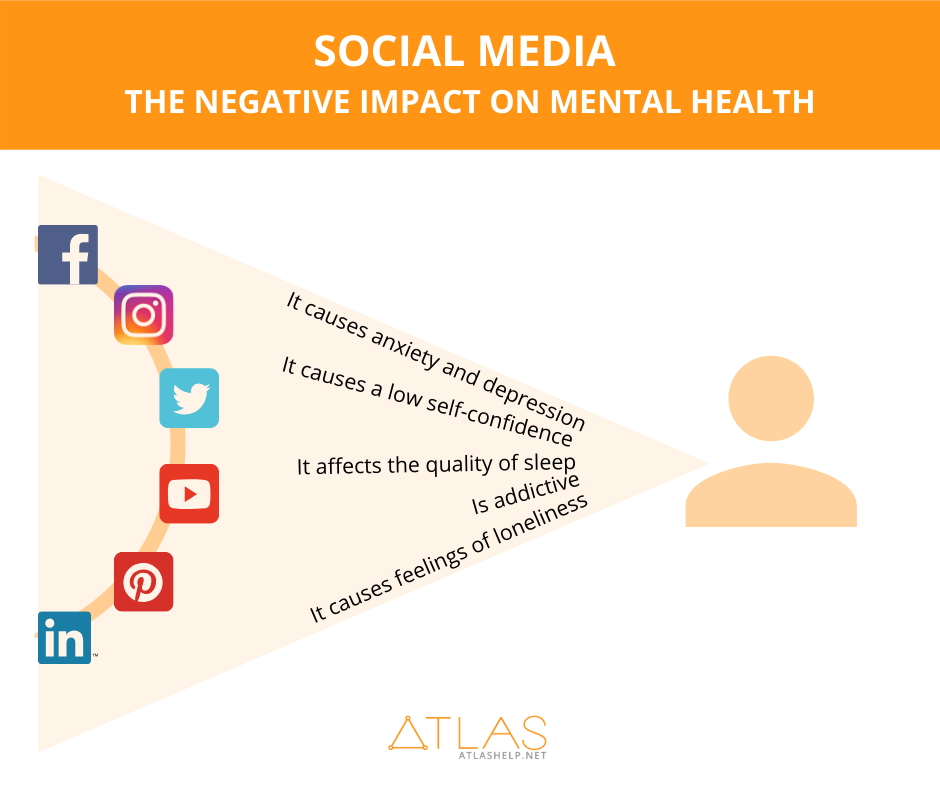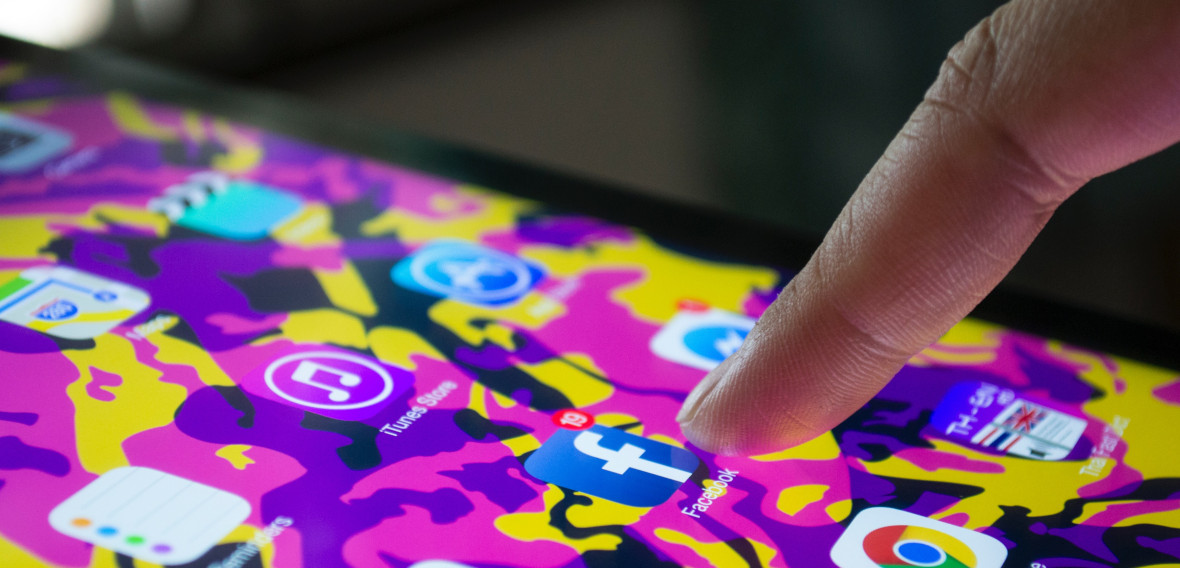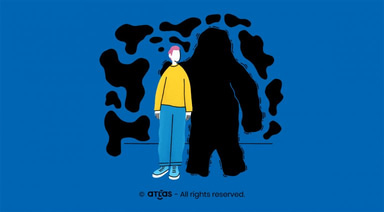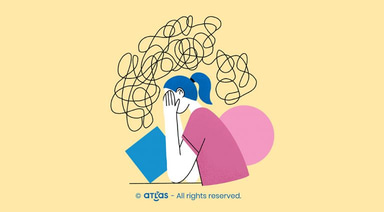Social media?! It’s probably no longer a mystery to anyone! According to Wikipedia, social media consists of a group of tools (applications) with which we can connect to billions of people around the world. More specifically, at 2.41 billion active users per month, according to zephoria.com.
But for this to be possible, this software, sustained by technology, needs help to work. Laptops, tablets, mobile phones are the ones that make your internet connection possible and then to a new, dear person. Or even a whole community!
Living in an increasingly digitized world, where speed is the keyword, where you connect to everything that moves around the globe is often a real need. For example, for the 10 million Romanian users on Facebook, relating to the Internet and this social network can be a real opportunity to escape from your daily routine.
What needs does social media fulfill?
Social interaction goes deep in our DNA. People have always depended on each other for emotional support, professional fulfillment, education, fulfillment of objectives.
In the era of technology, this is only possible with a click. Social networks allow us to find information. They also link friends, feel what membership in a group or cause is, or help us pause during busy hours in the office.
Therefore, we use social media to satisfy ourselves, in general, the following five categories of needs:
- Cognitive needs: gathering information, supervision, and understanding;
- Affective needs: aesthetic and emotional experiences;
- Personal integration needs: increasing self-confidence and credibility;
- Social integration needs: relationships with friends and family;
- Needs to release tension: literary and diversion.
How does dependency on social media manifest itself?
More and more reports and studies mention that generation Y has made social media a life priority. The increased use of social media, it brings real satisfaction that can transform into the same way. Likes, positive comments, shares can trigger certain feelings of pride about self-esteem. At the same time, they can subtract it if those assessments are entirely lacking or negative.
Social networks such as Facebook, Instagram, WhatsApp, Linkedin, Messenger, Twitter, etc., enable reward centers in the human brain. Dopamine is released and creates a feeling of desire and pleasure. This substance is so powerful. The research has shown that by taking you away from posting a photo or comment, it can be harder than to stop you from using cigarettes or alcohol.
The same applies when we talk about verifying notifications from these social networks. As you cannot refrain from giving continuous scrolling, in the same way, you can not ignore the alerts either.
These obsessive checks are symptoms that communicate to you subconsciously that something is wrong with your behavior. But, without realizing it, you can choose with frustrations, reduce your self-esteem and ability to concentrate. Gradually you even get :
- disconnected from the real world,
- to isolate yourself in solitude,
- degrade your relationships with family and friends,
- ruin your career.
You’re probably not going to be a good friend with sleep neither.
Following a study conducted by Salford University, it emerged that 50% of participants (about 300 people) felt a decrease in their well-being as a result of using social media networks. This because people who use social media always compare to the achievements of others. Doing this reduces their self-confidence. And more than half of the respondents said they feel “worried or uncomfortable” sometimes because of the impossibility of accessing Facebook or email accounts.
If all these factors align against you, they can endanger a balanced life, increasing the risk of depression and anxiety.
Negative effects of social networks on mental health
The experience you have with social media networks has a direct link to your mental health and represented graphically. This link would look like this:
 If you feel that you are at the point where social media consumption has adverse effects on the quality of your life, you can always contact a specialist. He will help you better understand your thoughts and experiences to eliminate the negative ones, also of treating a possible dependency.
If you feel that you are at the point where social media consumption has adverse effects on the quality of your life, you can always contact a specialist. He will help you better understand your thoughts and experiences to eliminate the negative ones, also of treating a possible dependency.
How to mitigate the harmful effects of social networks?
According to Globalwebindex, in 2018, the average time spent by a person on social media was 2 hours and 22 minutes. Very long if we take into account all daily activities and limited time to 24 hours of a day.
If you feel that your time spent on social media doesn’t benefit you, limit it! A study conducted by the Faculty of Pennsylvania suggests that we spend a maximum of 30 minutes a day on social media networks. We’re talking about half an hour, which is 21% of the average mentioned earlier. The conclusion is that if we diminish the time spent on social media, this could lead to decreasing dependency opportunities. It could also reduce depression and the feeling of loneliness.
You can enjoy the benefits of social media, avoiding its harmful effects. As long as you know how to take care of your duration and choose how you spend this time, everything will be better.
Here are four ways you can transform social media into your ally:
- Limit yourself to the 30 minutes above mentioned, or why not, even at less,
- Give unfollow to all those who create a state of emotional discomfort,
- Spend the time productively, on social networks,
- Do a social media detoxification price for a few weeks or months.
At the end of each day, experience with social media makes you feel good or, on the contrary, deadens your state of discomfort and distrust in your person. If they tear you down or cheer you up, it’s up to you. Create an excellent online experience, so that time spent on social networks brings you some satisfaction, inspires, makes you feel good!



